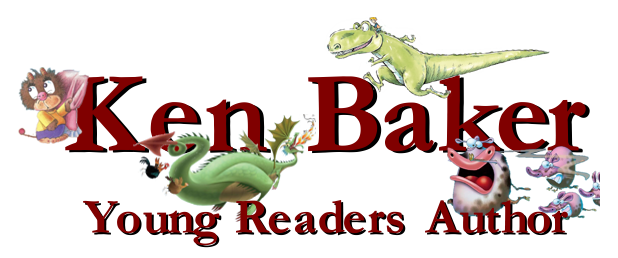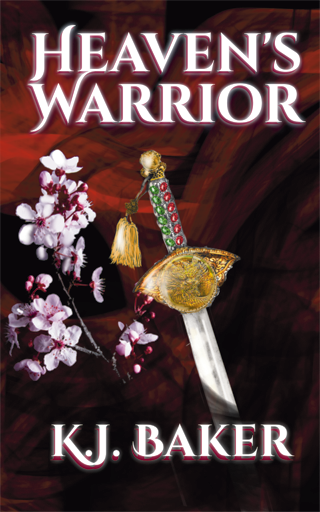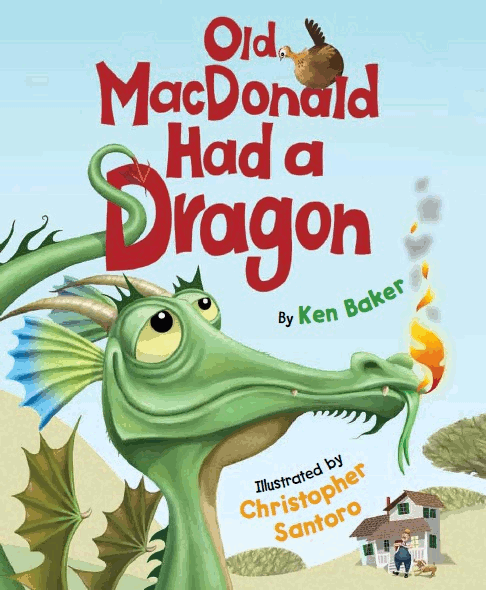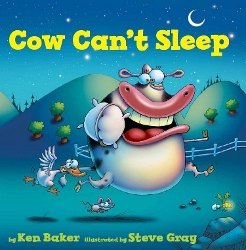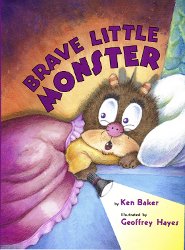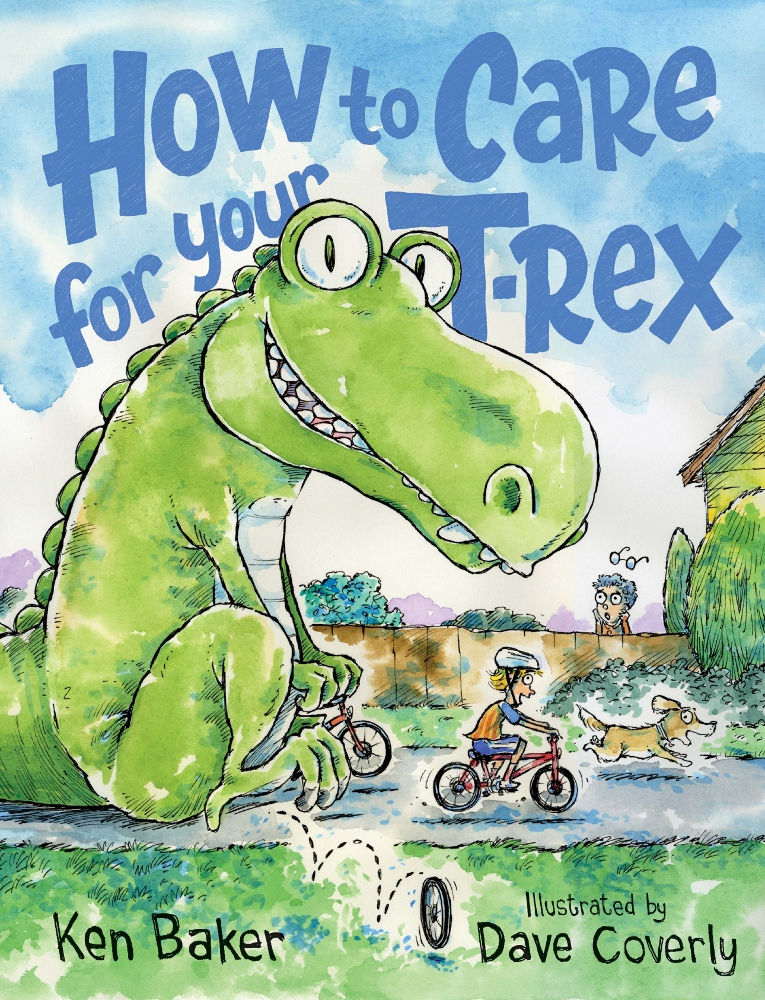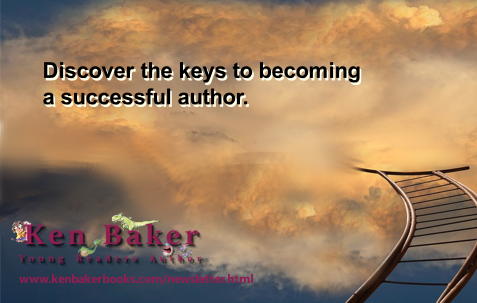
Image derived from photo by geralt from Pixabay
Did you know?
According to WordsRated, 95 percent of manuscripts sent to publishers/agents are below the standard required to publish. Additionally, the chance of an author getting their work published is between one and two percent.1 So, how do you increase your odds of becoming a successful author that rises above that 95 percentile in meeting or exceeding publishers' standard requirements?
Different authors will likely give you different answers to those questions, but I believe most published authors will agree on the following:
I'm done with this writers.
* Hint: When it comes to improving your writing skills, attending conferences can check all the boxes. You can learn from industry experts in hands‐on workshops, classes, presentations, and critique sessions, as well as become part of a writing community. For me, the two most impactful writing conferences with a national reach that give you the best value for your money are in Utah: Writing and Illustrating for Young Readers (WIFYR) and Life, the Universe and Everything (LTUE)Life, the Universe and Everything (LTUE) for SF/F writers.
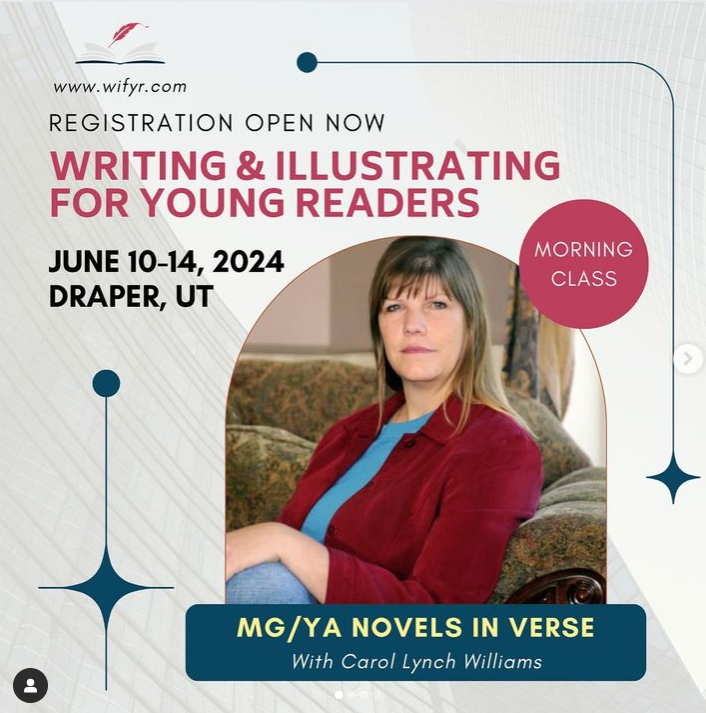

Shout out!
My good friend Carol Lynch Williams has valuable insights regarding the road to authorship, as a successful author herself and as founder of the Writing and Illustrating for Young Readers (WIFYR) conference.
Here's an excerpt from a chat I recently had with Carol:
I can honestly say this is the best, intensive writing conference in the United States.And it is. We've seen two people who have come to our conference win Newbery honors, many, many people get astounding book deals, lots of New York Times best sellers, and often someone finds their agent or editor.
Book business and life
My personal journey towards becoming an author began with reading dozens of book on writing fiction, writing fantasy, writing children's books, plots, character, comedy, setting, and more.

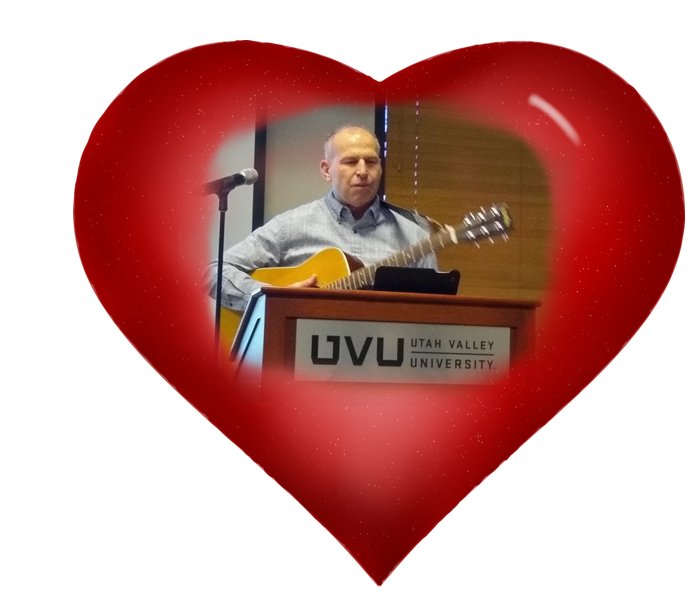
Heart image by Ken Baker
What I love
If you know an aspiring writer who might benefit from this newsletter issue, please share it with them.
Missed March's newsletter? Check it out!

Thank You image by Ken Baker
1. Dean Talbot, Author Statistics,
WordsRated, February 16, 2023
Sign up for my newsletter to stay up-to-date on my books and what I'm up to.
Copyright 2001-2025 by Ken Baker
Heaven's Warrior cover by Ken Baker
Old MacDonald had a Dragon pictures by Christopher Santoro
Brave Little Monster pictures by Geoffrey Hayes
Cow Can't Sleep pictures by Steve Gray
How to Care for your T-Rex pictures by Dave Coverly
